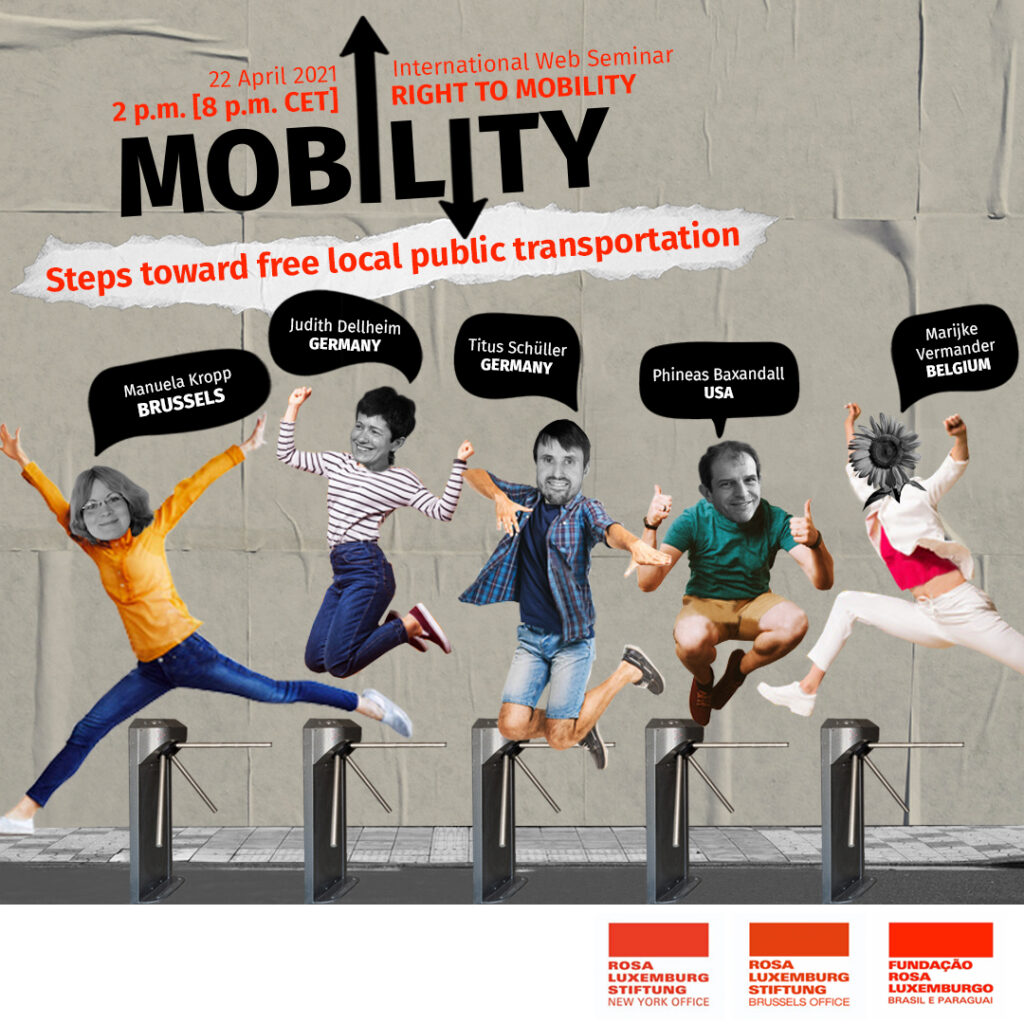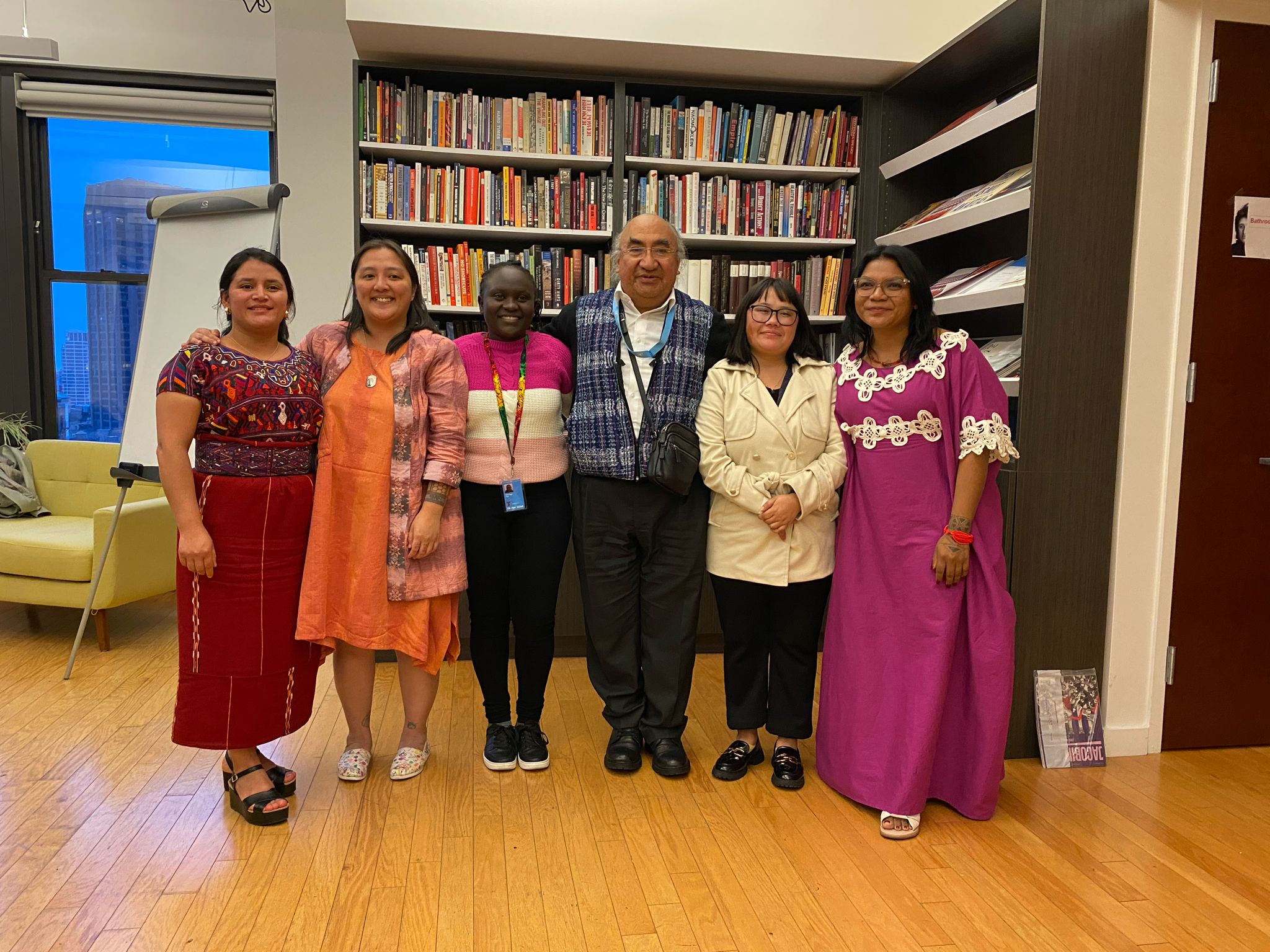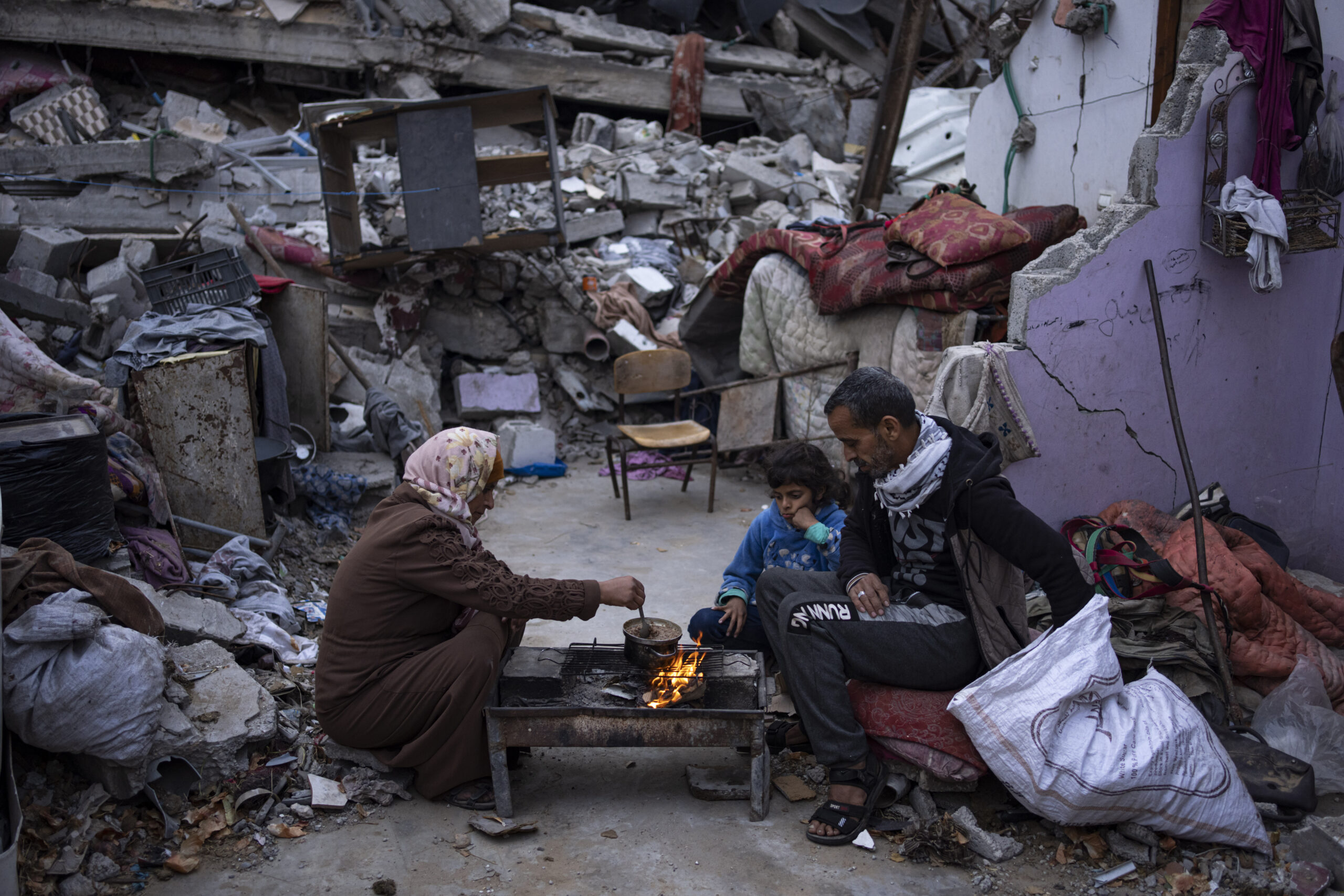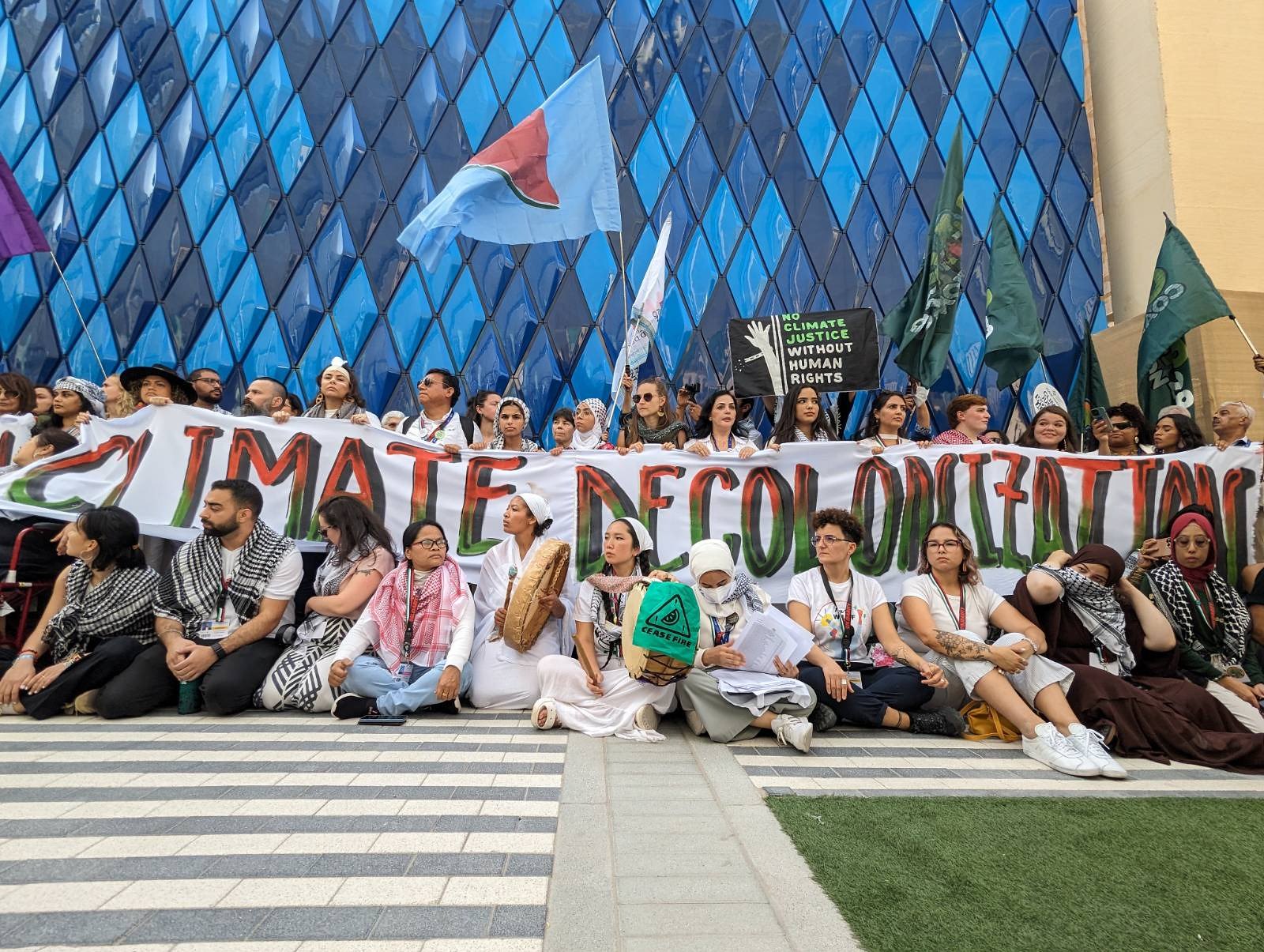The most recent joint campaign by the German trade union ver.di and Fridays for Future in the fight for better working conditions for local public transportation has shown that workers in this sector are also of course custodians of the climate, because well developed transportation of this type that is affordable for all relieves congestion from cars in our cities’ downtown areas and also gives commuters from surrounding areas the chance to leave their vehicles at home more often. Transportation is the only sector in the European Union whose greenhouse gas emissions have risen in recent years. A change of course is urgently needed.
Buses and trains worldwide are struggling with a loss of revenue because of the COVID-19 pandemic. This makes it all the more important to avoid scrapping bus or train services or lines, and instead to expand mass transit and reconsider how it is funded. Given the deteriorating social situation and falling real incomes across broad swathes of society, affordable or free local public transportation is key to our services of general interest.
In dozens of cities around the world, it has already been made free of charge to ensure the right to mobility for all. Initiatives in many regions across the globe are fighting for free transportation of this time because mobility is a fundamental right which must not depend on individuals’ ability to pay. In the United States, city councils are calling for free public transit as part of the urgently needed Green New Deal. In Brazil, the Movimento Passe Livre (Free Fare Movement) has been pushing for years for mass transit to be made free of charge. In Germany too, there are initiatives campaigning for a 365-euro ticket (a day ticket with which a mass transit user can travel for €1 within a particular area) and for free local public transportation.
This conference will be an opportunity to discuss the following questions with representatives from various regions and with our participants:
- What regional initiatives exist and what strategies do they use?
- What has been the experience of such initiatives up to now and what can we learn from them?
- What funding models exist for free local public transportation?
- What factors affect whether once fares are scrapped, this system remains in place or is challenged again and abolished?
- How can drivers of cars be encouraged to use mass transit instead?
- What political alliances do we need to forge to achieve free public transportation and then keep it in place?
Program
- Words of welcome: Andreas Thomsen, Head of the Rosa-Luxemburg-Stiftung Brussels Office
- Judith Dellheim, Rosa-Luxemburg-Stiftung
- Titus Schüller, DIE LINKE (The Left) representative on the Nuremberg City Council, Germany
- Phineas Baxandall, senior policy analyst, Massachusetts Budget and Policy Center, U.S.
- Marijke Vermander, Vrije Universiteit Brussel (VUB), Belgium
These talks will be followed by a plenary discussion.
Moderator: Manuela Kropp, Rosa-Luxemburg-Stiftung Brussels Office
The speakers’ talks will be recorded.
Registration
To register, please email: manuela.kropp@rosalux.org
Feel free to also forward this invitation to other interested parties.




